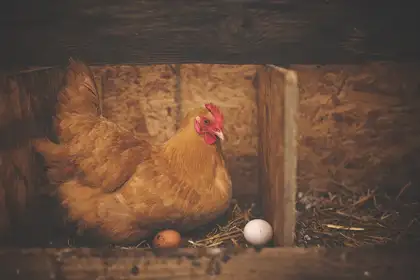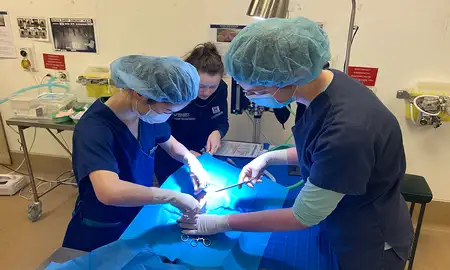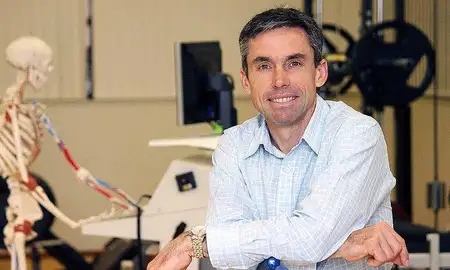
A project to understand backyard poultry populations in New Zealand has just been launched.
The project is being launched to coincide with World Poultry Day on 10 May, which recognises the dedication and efforts being made around the globe by those in the industry.
The project sets out to co-design a national poultry health information system alongside the backyard poultry keepers of New Zealand in the hopes of making it easier for them to provide the best possible care for their flocks. At the same time, the system will capture important data that will help researchers identify more effective ways to improve poultry health and wellbeing.
The project is being funded through the Ministry of Primary Industries’ Sustainable Food and Fibre Futures (SFFF) fund, with additional co-funding from the Poultry Industry Association of New Zealand (PIANZ).
Phase one of the project invites backyard poultry keepers to visit the project website, register their support for the initiative, and participate in short voluntary surveys to help shape the design of a national poultry health information system.
Dr Gates says despite many households across Aotearoa New Zealand keeping small numbers of backyard poultry for any number of personal reasons, very little is known about the country’s backyard poultry population.
“We don’t know much about how these birds are kept and what health challenges they face since there is currently no legal requirement for poultry keepers with fewer than 100 birds to register their flock in a national database. Based on surveys we conducted last year, we know that backyard birds are rarely seen by veterinarians for preventive flock health care advice and many poultry keepers also report having difficulty finding clinics that are willing to treat sick birds.”
She adds that as a result, many backyard birds are likely getting sick from preventable diseases and, when they do get sick, keepers are likely using unreliable resources such as social media to get poultry health advice which may be causing harm to their birds.
“Additionally, in the event of a natural disaster or an infectious disease outbreak like they recently had with Avian Influenza in the United Kingdom, we also don’t have enough information about backyard poultry flocks to be able to provide keepers with the support they need to keep their birds healthy.”
For the purpose of this project, a backyard poultry keeper is defined as any individual who keeps less than 100 birds for companionship, meat or eggs for personal use, hobbies, showing, breeding, pest control, and/or supplemental income.
If you are a backyard poultry keeper in New Zealand, please visit www.poultryintel.org.nz to access the links to participate in the project activities. At the end of each completed survey, you will be given the option of entering into a raffle prize draw to win one of five $100 Prezzy cards.
Related news
Desexing clinic reaches significant milestone
A Massey University programme that provides highly subsidised desexing surgery for cats has reached a milestone: 2000 surgeries.

Can eating chicken feathers build muscle?
New research suggests chicken feathers could have potential as a protein supplement for people wanting to build or maintain lean body mass.

Vice-Chancellor's Teaching Excellence Awards celebrated virtually
Exceptional teachers across Massey University were honoured at the virtual Vice-Chancellor's Teaching Excellence Awards ceremony in February 2022.
